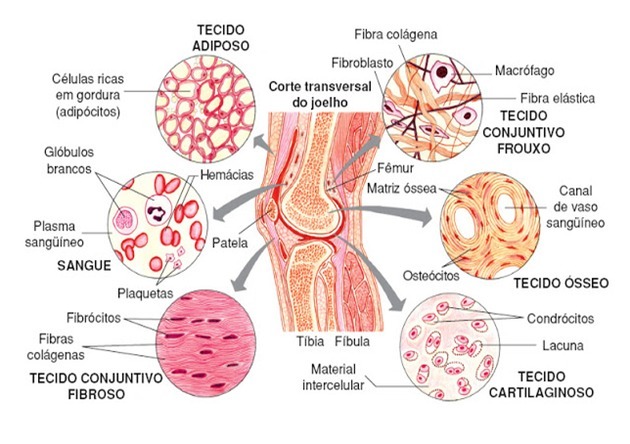Calcium plays important roles in our body and is mainly related to the development of bones and teeth. However, this is far from being the only function of this mineral in our body. Next, we will know some more actions of this nutrient in the body.
→ The importance of calcium in the body
Calcium is essential in several biological functions and is the most abundant mineral in the body. It is estimated that between 1100 g and 1200 g of this nutrient are found, and of this total, about 90% are in the bones. Among the functions of calcium, we can mention the action in the following situations:
- Muscular contraction;
- Membrane permeability control;
- Release of several hormones;
- Mitosis;
- Iron Metabolization;
- Blood coagulation;
- Release of neurotransmitters.
In addition to all these functions, adequate calcium intake prevents problems such as high blood pressure – as it attenuates salt sensitivity – obesity (since calcium reduces fat mass), colon cancer and, of course, osteoporosis. With regard to osteoporosis, we must emphasize that the ideal is to ensure adequate bone density in adulthood to avoid future complications. Studies show that the additional contribution may not be efficient in some cases, such as in menopausal women.
→ Daily Calcium Needs
Moderate calcium deficiency in the body is a common event that leads to symptoms such as tingling, numbness of limbs and muscle contractions.. In addition, the bones of a person lacking this mineral may experience a decalcification process, such as osteoporosis.
Do not stop now... There's more after the advertising ;)
Recommended daily calcium intake varies by age. Growing people have a greater need for this mineral, as it will be used in bone formation. The recommendation is that, from 9 years to 19 years, 1300 mg/day are ingested. In adults aged 19 to 50 years, the recommendation drops to 1000 mg/day. With more than 50 years, the amount of this mineral ingested should rise again, recommending 1200 mg daily.
We get adequate levels of calcium in the body by performing a balanced diet. The main food source of this nutrient is the milk and its derivatives, however, we can obtain this nutrient also by eating vegetables, such as dark green vegetables such as kale and broccoli. It is worth noting, however, that in these foods the amount of calcium is lower: 230 ml of milk, for example, have 300 mg of calcium; in half a cup of cooked broccoli, we find only 35 mg.
ATTENTION: Diet may not provide an adequate source of calcium for some people, and supplementation is necessary. This is the case, for example, of people who have lactose intolerance.
By Ma. Vanessa Sardinha dos Santos
Would you like to reference this text in a school or academic work? Look:
SANTOS, Vanessa Sardinha dos. "Importance of calcium in the body"; Brazil School. Available in: https://brasilescola.uol.com.br/biologia/importancia-calcio-no-organismo.htm. Accessed on June 27, 2021.



